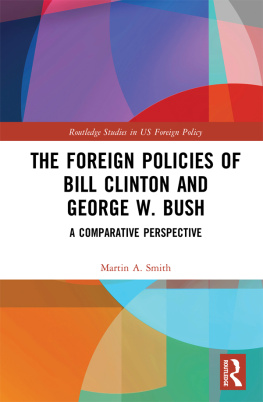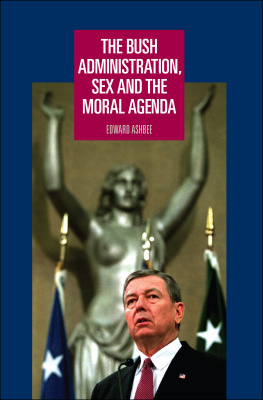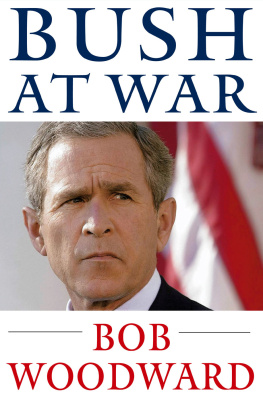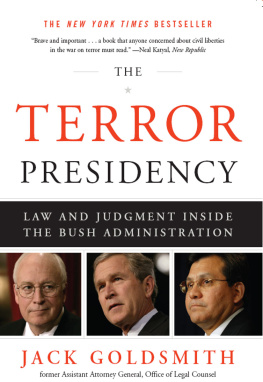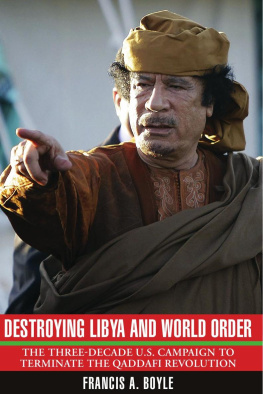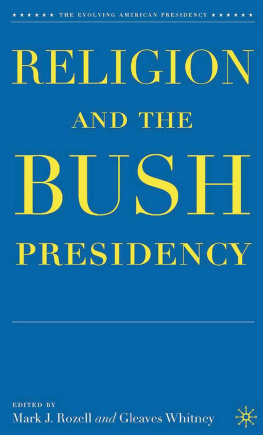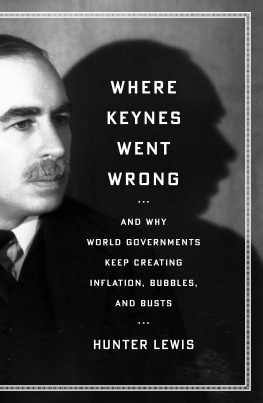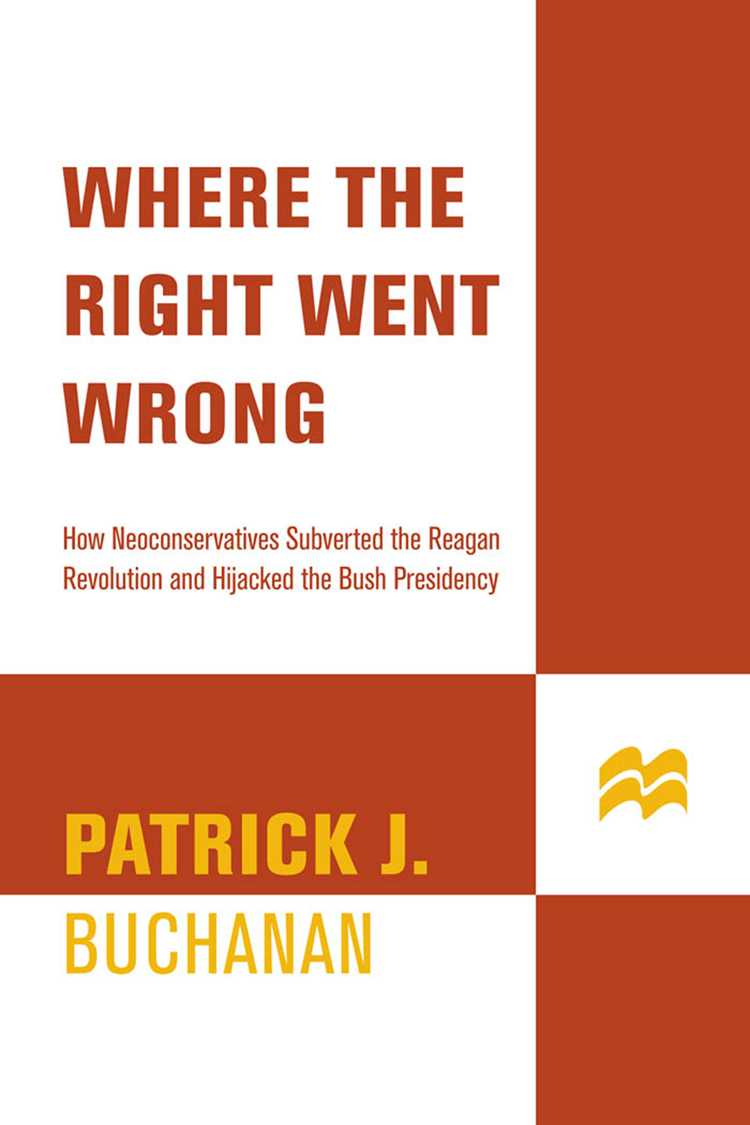WHERE THE RIGHT WENT WRONG
Also by Patrick J. Buchanan
The New Majority
Conservative Votes, Liberal Victories
Right from the Beginning
The Great Betrayal
A Republic, Not an Empire
The Death of the West
PATRICK J. BUCHANAN

WHERE THE RIGHT
WENT WRONG

HOW NEOCONSERVATIVES SUBVERTED
THE REAGAN REVOLUTION AND
HIJACKED THE BUSH PRESIDENCY
Thomas Dunne Books

THOMAS DUNNE BOOKS.
An imprint of St. Martins Press.
WHERE THE RIGHT WENT WRONG. Copyright 2004 by Patrick J. Buchanan. All rights reserved. Printed in the United States of America. No part of this book may be used or reproduced in any manner whatsoever without written permission except in the case of brief quotations embodied in critical articles or reviews. For information, address St. Martins Press, 175 Fifth Avenue, New York, N.Y. 10010.
www.stmartins.com
ISBN 0-312-34115-6
EAN 978-0312-34115-2
First U.S. edition: September 2004
10 9 8 7 6 5 4 3 2 1
To Ronald Reagan
(19112004)
CONTENTS
INTRODUCTION

AMERICAN EMPIRE AT APOGEE
N ot even the British Empire at its zenith dominated the world in the way the United States does today. U.S. forces are deployed in lands the soldiers of Victoria never saw. Our warships make port calls on all continents. Our military technology is generations ahead of any other nations. Our GDP is 30 percent of the global economy.
Brand names like Coca-Cola, McDonalds, and Levis are household words from Kathmandu to Kurdistan. The music the young listen to around the world is American or an imitation thereof. Americans annually claim the lions share of the Nobel prizes in science, medicine, and economics. Hollywood films are the worlds most watched. The dollar is the worlds reserve currency. The International Monetary Fund that keeps scores of nations from bankruptcy is headquartered in Washington and responsive to the U.S. Treasury. The American language, English, is the lingua franca of the Internet and the International Elite.
When crises eruptin the Balkans, the Caucasus, Kashmir, or the MideastU.S. diplomats are the brokers of truce. By almost any measuremilitary and economic power, technology, standard of living, cultural dominance, social and political freedomAmerica is the gold standard, the hyperpower of the Quai dOrsays resentment.
Yet one recalls the story Lincoln is said to have told friends gathered to see him off as he departed Springfield to take up the leadership of his sundered nation. An Eastern monarch, said Lincoln, asked his wise men to come up with words that would everywhere and always be true. The wise men went away and reflected, and when they returned they gave the king these words: This, too, shall pass.
Let us hope that is not true of America, said Lincoln.
Yet, it is true. All republics, all empires, all civilizations pass away. The Roman republic began to die the day that Caesars legions crossed the Rubicon to make him dictator of Rome. Cicero knew it. The crowds did not, or did not care. Four hundred years later, Alaric the Goth led his army over the Alps to ring down the curtain on the worlds greatest empire.
What brought Rome down? A loss of faith in the old gods and old virtues? Degeneration of the aristocracy? The corruption of the people with bread and circuses? The follies of dissolute emperors? The wealth dissipated in war? The collapsing birth rate? The immigrant invasion of barbarians who had no love for Roman culture or history? Displacement of Romes soldiers with foreign conscripts?
These were the symptoms of impending death. What was the cause?
The emperor Julien the Apostate, Gibbons hero in The Decline and Fall of the Roman Empire , believed Rome could not survive Constantines embrace of a Christianity that forswore the martial virtues for Love thy neighbor. The empire could not survive the loss of the old pagan faith. When a religion dies, the culture and the civilization that grew out of it die with it. And indeed, as Rome was invaded by barbarians, popes would stand at the city gates to plead for mercy from the likes of Attila the Hun.
In our time, empires collapse more suddenly. The twentieth century was a graveyard of empires. The Austro-Hungarian, German, Russian, and Ottoman perished in the Great War. The Empire of the Sun was reduced to ashes in 1945. The British Empire, which encompassed a fourth of the worlds surface and a fifth of its people, vanished within a quarter century of its finest hour in 1940.A Soviet empire that spanned a dozen time zones from the Bering Sea to the Elbe, with outposts in Southeast Asia, the Mideast, Africa, and even the Caribbean and Central America, succumbed to a collapse of faith and will in 1989. All the empires of the twentieth century are gone. Only the American empire endures.
But the invasion of Iraq and the war to impose democracy upon that Arab and Islamic nation that has never known democracy may yet prove a textbook example of the imperial overstretch that brought down so many empires of the past. Fallujah, where U.S. Marines were withdrawn before completing their mission to eradicate the guerrillas and terrorists who had murdered four Americans and desecrated their bodies, may prove the high tide of an American empire that has begun its long retreat.
I N THE TRAIN carrying him to Fulton for his Iron Curtain speech in 1946, a rueful Churchill confessed to his American companion, If I were to be born again, I would wish to be born in the United States. Your country is the future of the world. Great Britain has passed its zenith.
A startling admission from the personification of British patriotism. Yet, the great mans melancholy was understandable. For Churchill had been first lord of the Admiralty at the apex of empire and had watched from the wheelhouse as the great ship went down. Historians search the nineteenth century for the causes of Britains collapse. Some say the embrace of free trade led to her fall from industrial primacy. The British paid a hellish price in two world wars for their dependence upon imports for the necessities of national life.
In the late nineteenth century, Great Britain seemed to accept the idea that money is wealth, and financial primacy more important than manufacturing power. To sustain a world-trading system of her own creation, Britain sacrificed national interests, even as we Americans now sacrifice national interests on the altar of that Moloch of modernity, the global economy.
Yet, if we were to name one cause of the fall of Britain, it would be war. The Boer War was Britains Vietnam. With it came a loss of faith in the superiority of British civilization and spread of the heretical idea that a British Empire that denied self-determination to peoples of color was no longer morally defensible.
Then, for ten years between 19141918 and 19391945, Britain was locked in mortal battle with the mightiest land power in Europe. Britain alone fought both world wars from the first day to the last. By 1945, she was bleeding, bankrupt, exhausted, finished. She would relinquish her empire, sink into socialism, become a Marshall Plan mendicant, and cede the great decisions on the destiny of Europe and of the world to the Americans. By the end of Winston Churchills last premiership, Britain was a shadow of the world power whose inner cabinet he had entered in 1911.


